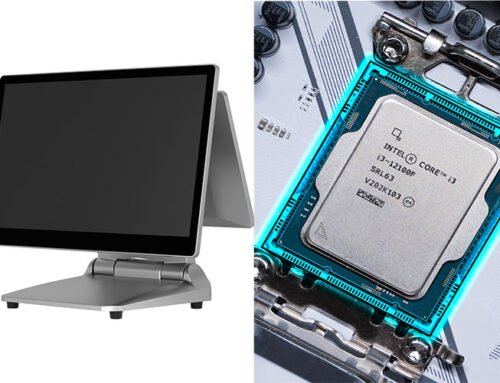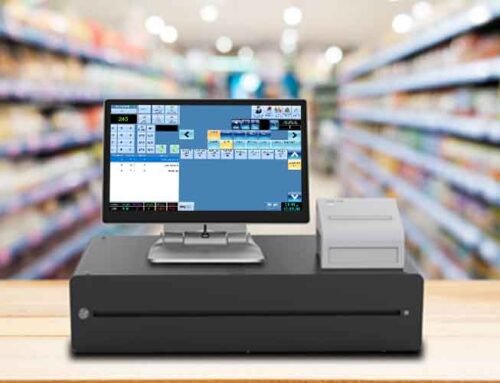In the modern retail landscape, choosing the right cash register is crucial for ensuring smooth operations and customer satisfaction. Android POS machine have gained popularity due to their versatility, user-friendly interfaces, and integration capabilities. However, not all cash registers are created equal. Here are some key factors to consider when evaluating the hardware quality of Android POS machine.
1. Durability
One of the most important yardsticks for measuring the hardware quality of cash registers is durability. In a busy commercial environment, cash registers are subjected to heavy use, spills, and potential accidents. A high-quality Android cash register should be constructed from robust materials that can withstand daily wear and tear.
When assessing durability, look for features such as:
Reinforced chassis: This provides extra protection against drops and impacts.
Water and dust resistance: An IP rating (Ingress Protection) can indicate how well the device can handle environmental factors.
Quality of components: Investigate whether the buttons, screen, and ports are designed for longevity.
2. Stability
Stability is crucial for any cash register, particularly in high-pressure sales environments. A stable Android cash register ensures that transactions are processed quickly and accurately without crashes or glitches.
To evaluate stability:
Operating system reliability: Ensure the Android version is up-to-date and optimized for performance.
Processor power: A more powerful processor can handle multiple tasks simultaneously, reducing lag.
User reviews: Check for feedback regarding software stability from other users in similar commercial settings.
3. Professional Design
The design of a cash register plays a significant role in how effectively it can be integrated into a commercial environment. A professional design not only enhances the aesthetic appeal but also improves functionality and user experience.
When examining design aspects, consider:
Ergonomics: The layout should facilitate easy access to keys and a clear view of the display.
Screen quality: High-resolution touchscreens enhance usability and responsiveness.
Aesthetic integration: The cash register should complement the overall look of your business, whether it’s a retail store or a restaurant.
4. After-Sales Service and Technical Support
Even the best hardware can encounter issues over time, making after-sales service and technical support indispensable components of hardware quality. A reliable provider should offer comprehensive support to ensure your cash register remains functional and efficient.
Look for:
Warranty terms: Longer warranties indicate confidence in hardware quality.
Availability of tech support: Ensure that customer support is easily accessible through various channels (phone, email, chat).
Regular software updates: Check if the manufacturer commits to updating the operating software to enhance functionality and security.
Conclusion
Distinguishing the hardware quality of Android cash registers is essential for making an informed purchase. By evaluating durability, stability, professional design, and the availability of after-sales service and technical support, businesses can ensure they select a cash register that meets their operational needs and contributes to long-term success. Investing in a high-quality Android cash register not only enhances customer experiences but also streamlines business processes, allowing for greater focus on growth and service excellence.






Leave A Comment